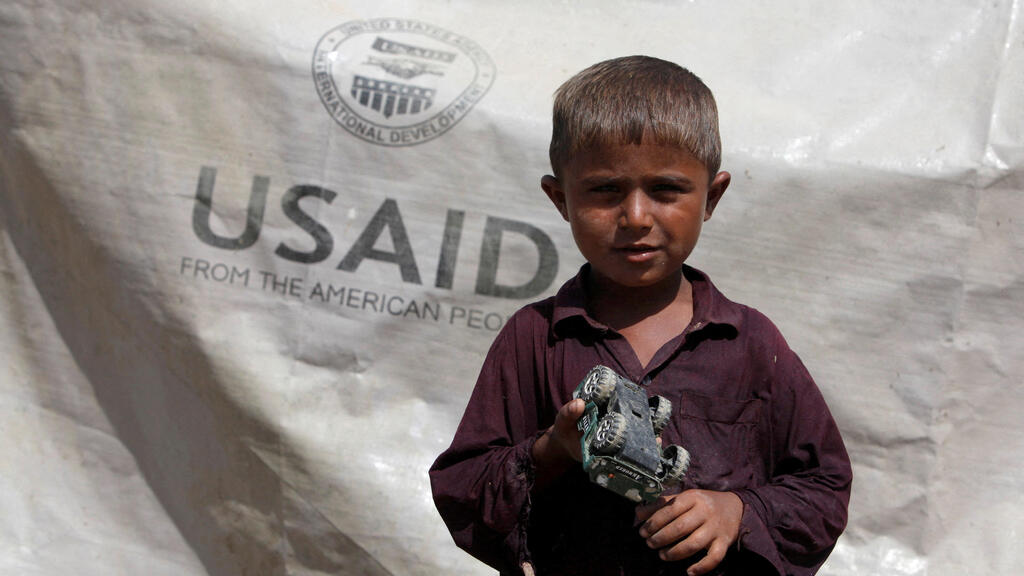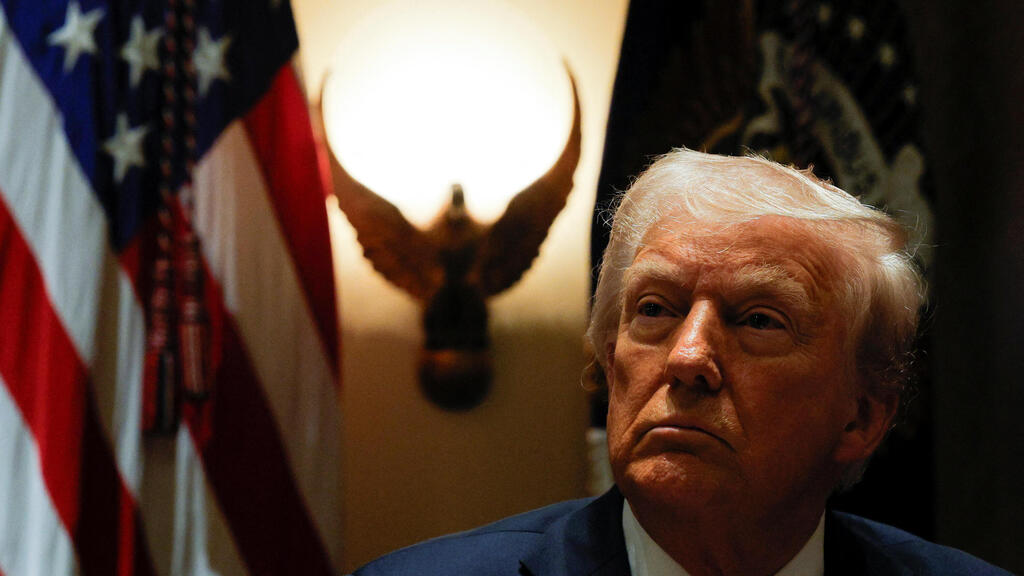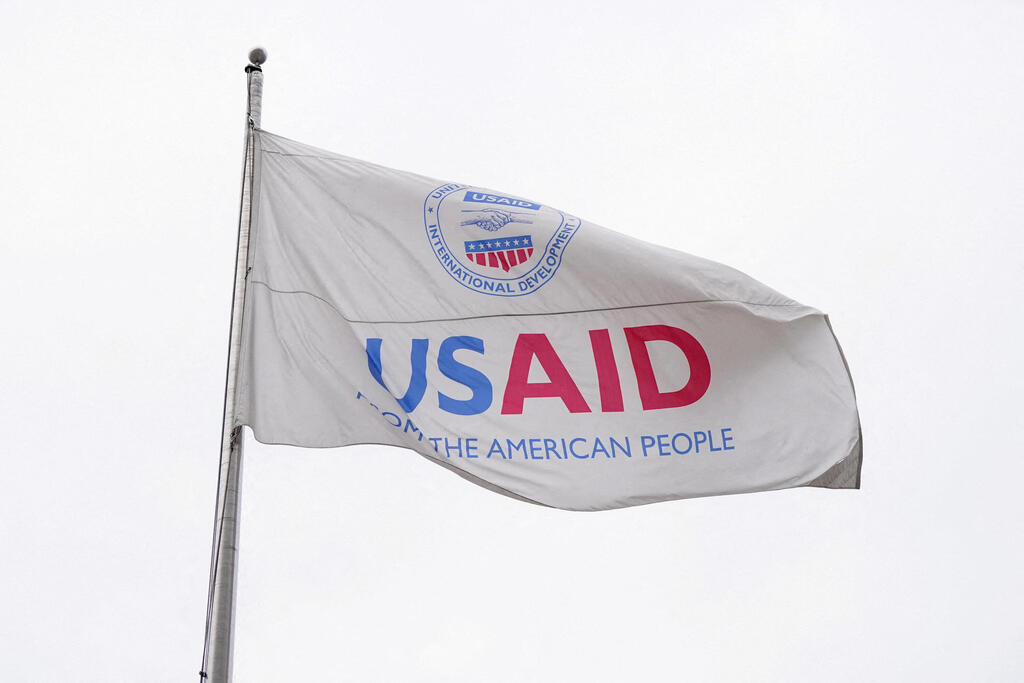President Donald Trump’s decision to freeze all U.S. foreign aid has put vulnerable populations and humanitarian organizations in crisis worldwide. The sudden aid vacuum is being felt strongly in Pakistan’s Jacobabad, the hottest city in the world and a site of extreme poverty.
Pakistan is one of 177 countries that have been disrupted by President Trump’s 90-day aid freeze, which is intended to reassess aid programs under the Trump administration’s “America First” agenda. That act carried out on the president’s first day in office, immediately suspended over $40 billion in funding from the U.S. Agency for International Development (USAID).
The potential shutdown of USAID-funded initiatives in Jacobabad designed to provide clean drinking water to residents could lead to severe hardship in a region already struggling with intense heat waves and water scarcity.
Summer temperatures in Jacobabad, located in Sindh province, southeastern Pakistan, regularly exceed 122 F. The extreme heat, combined with water scarcity and power outages, makes living conditions incredibly difficult for its residents, often leading to dehydration, heatstroke and a range of other severe health issues.
In May 2022, Jacobabad became one of the first places on Earth to breach the threshold of human survivability. Temperatures and humidity levels made outdoor conditions nearly unbearable.
Since its establishment in 1961, USAID has been instrumental in numerous countries, driving efforts to improve global health, combat epidemics and hunger and provide vital HIV/AIDS treatment.
The agency has played a key role in educating children, fighting child sex trafficking, resettling refugees and providing shelter for displaced populations.
In addition to hampering those efforts, the USAID freeze has also affected jobs, with thousands of workers in aid programs, including those in Ukraine and Afghanistan, losing their livelihoods.
By January 31, officials from the newly formed Department of Government Efficiency, led by billionaire Elon Musk, had taken charge of the agency, signaling a dramatic shift in U.S. foreign aid policy. On February 1, the official USAID website was taken offline.
USAID Inspector General Paul Martin issued a report on February 10 highlighting how President Trump's abrupt aid freeze complicated efforts to address potential misuse of the approximately $8.2 billion in undisbursed U.S. taxpayer funds. He noted that the freeze also left $489 million worth of food assistance produced by American farmers vulnerable to spoilage.
The following day, Martin was dismissed from his position.
In Jacobabad, local officials and humanitarian organizations warn that without immediate intervention, the coming summer could bring dire consequences for Pakistan’s most vulnerable population.
The HANDS Foundation, a nonprofit organization working in Jacobabad, said that its project providing drinking water was at risk of shutting down within months due to the freeze on $1.5 million in aid that had already been allocated. Shutting down the project would mean that about 350,000 residents who rely on the organization for drinking water would be cut off.
Get the Ynetnews app on your smartphone: Google Play: https://bit.ly/4eJ37pE | Apple App Store: https://bit.ly/3ZL7iNv
Due to widespread poverty in Jacobabad, many residents have no source of drinking water other than the 1.5 million daily gallons of water provided by the HANDS Foundation.
Forty-seven HANDS employees, including water treatment and maintenance specialists, have already been let go due to the funding cut, HANDS CEO Tanveer Ahmed told The Media Line
“We have learned about the aid suspension from the newspapers and didn’t receive any official notice,” Ahmed added.
Amina Qureshi, an economist based in Islamabad and former policy chief at the Pakistan Institute of Development Economics, told The Media Line that halting USAID funding could trigger a humanitarian crisis in Jacobabad and lead to wide-ranging economic and geopolitical instability.
“Foreign aid has long been a diplomatic tool, and the absence of USAID could create a power vacuum,” Qureshi said, warning that countries like China and Saudi Arabia could use the aid freeze to expand their regional influence.
Qureshi stressed the importance of implementing a stricter monitoring and evaluation framework to prevent corruption in aid distribution.
“Pakistan must diversify its funding sources and strengthen local governance to navigate these challenges,” she added.
Michael Kugelman, director of the South Asia Institute at the Wilson Center in Washington, told The Media Line that the aid freeze “raises serious questions about future development partnerships between the U.S. and South Asian states.”
The Wilson Center, mandated by Congress to provide counsel on global affairs, closely monitors the impact of such policy shifts.
“Many vulnerable communities in South Asia, including in Nepal, have long relied on U.S. assistance,” Kugelman said. He said that the sudden suspension of aid could disrupt essential programs, strain local economies and challenge bilateral relations between the U.S. and South Asian countries.
He added that USAID’s withdrawal could shift the burden of financial support to other major donors, such as the EU, the UK, Japan and South Korea.
Erik Lehmkuhle, an Atlanta-based global political analyst, said that many countries are concerned that the 90-day aid freeze will become a permanent aid embargo.
“The shutdown of USAID marks a seismic shift in U.S. humanitarian policy, with ripple effects hitting Pakistan and Afghanistan hard while raising tough questions about national interests, security and global standing,” Lehmkuhle told The Media Line. He warned that rival countries like China and Russia might take advantage of the U.S. withdrawal, “potentially making the world less safe for Americans.”
He underscored “the urgency of finding alternative solutions through international cooperation, reforms and regional involvement to protect vulnerable populations.”
Lehmkuhle acknowledged that some concerns about USAID's inefficiency are legitimate. “Instead of a total exit, better oversight and transparency are needed to ensure aid reaches those who need it most,” he said, noting that the aid suspension will leave millions of vulnerable people without the support they need.





